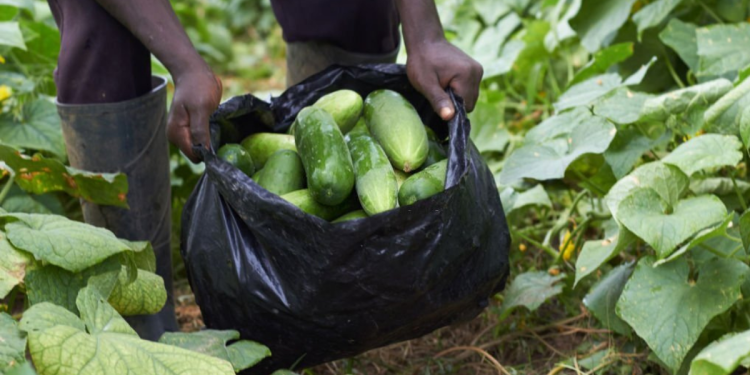
Nigeria’s Agricultural Sector Peaks in Q2 2021; Making Gains but Still Underperforming
Nigeria’s agricultural products exports made up only 2.67% of the total exports value for 2021 and this is the highest it has been for the last four years.

Nigeria’s agricultural products exports made up only 2.67% of the total exports value for 2021 and this is the highest it has been for the last four years.

The right of freedom/liberty of persons is a central human right related to the critical aspect of a person’s freedom. The National Human Rights Commission (NHRC) received 45,280 complaints relating to freedom/liberty of persons, and complaints about unlawful arrests and detention were the highest received in that category, with 41,040 making up 90.6% of the total received.
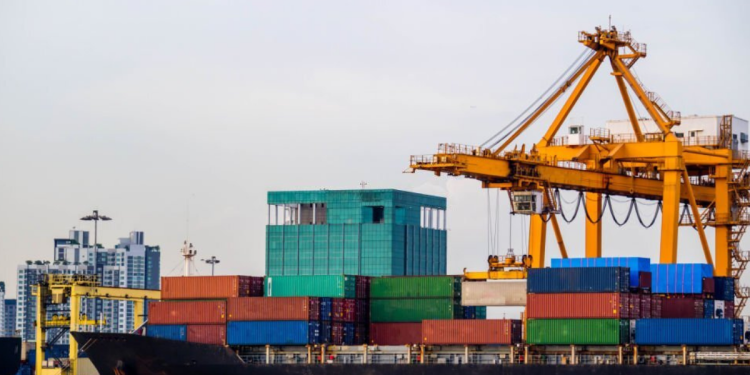
Q4 2021 recorded the highest value for capital importation for the year as the country’s inflow increased to $2.19 billion. The total capital importation value into Nigeria for Q4 2021 at $2.19 billion made up 32.6% of the total capital importation value of the year.
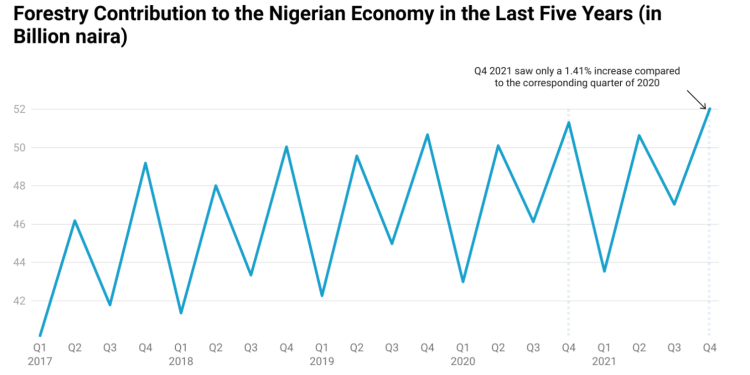
The forestry sector in Nigeria has failed to live up to the expectation of the 2006 forestry policy.
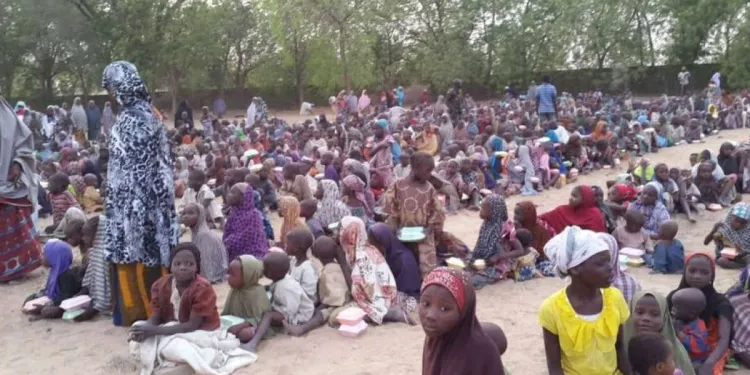
The number of Nigerians fleeing to neighbouring countries of Chad, Cameroon and Niger has been on an increase.
.png)
Nigeria’s raw material export reached its highest point within the last four years in the third quarter of 2021.

The total company income tax received in 2021 was N1.69 Trillion. According to data from the Federal Inland Revenue Service (FIRS), the amount is 19.6% increase from 2020 total of N1.41 Trillion.
.webp)
Credit is essential for economic development. Bank credits in Nigeria are loans granted by financial institutions solely to the private sector such as businesses and households by providing capital for new investments and enabling people to buy commodities.
.webp)
As at 21st February 2022, only 6.9% of the eligible population have been fully vaccinated in Nigeria.
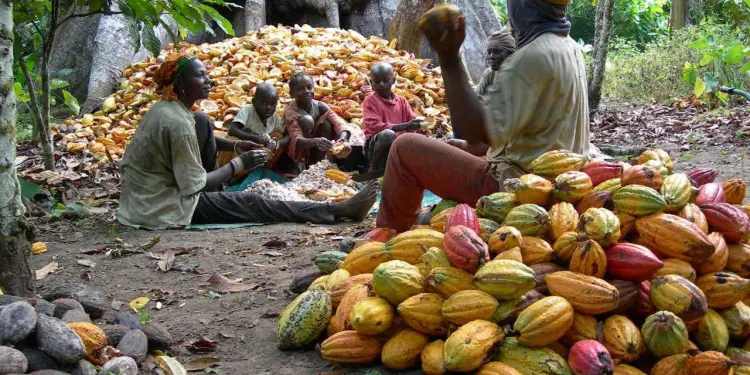
Nigeria’s cocoa export dwindled in the last five years as the country’s export value of the product remained at its all time low over the past five years.
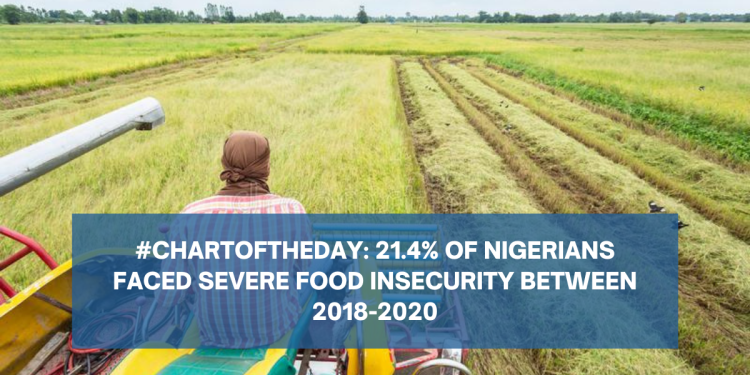
The prevalence of severe food insecurity in Nigeria has been on a steady increase as the number of people affected rose from 11.9Million for 2014-2016 to 43 Million for 2018-2020 period.

A total of 212,480 child rights complaints were received in the year 2020, a marked increase in the number of cases from the 119,281 figure recorded in 2019.

For many, especially in Nigeria, a cancer diagnosis is perceived as a death sentence and the financial burden of accessing care as well as the lack of facilities are faster killers than the cancer cells.
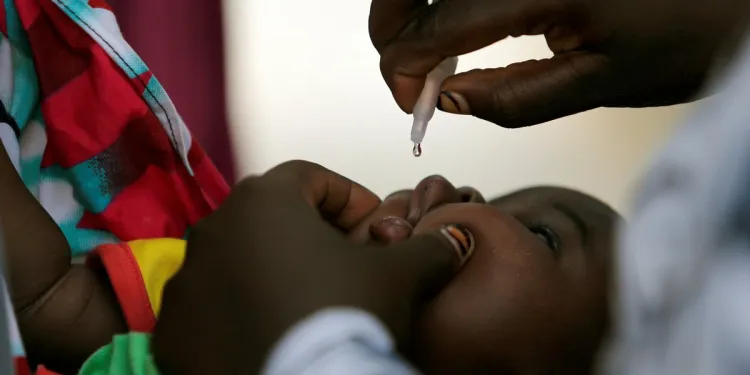
Data from the Nigerian Demographic and Health Survey 2018 shows that 31% of children aged 12-23 months received all basic vaccinations. Indicating that only 3 out of every 10 children aged 12-23 months received all basic vaccinations.
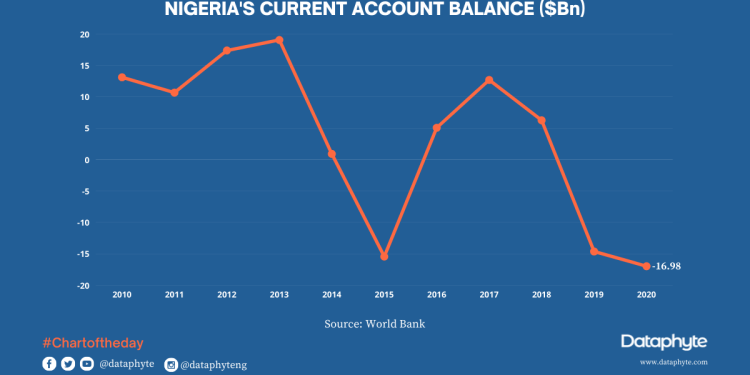
According to the World Bank, Nigeria’s current account balance stood at a deficit of $16.98Billion in 2020 compared to a deficit of $14.63 Billion in the previous year making the 2020 current account balance the lowest Nigeria has recorded in the last three decades.